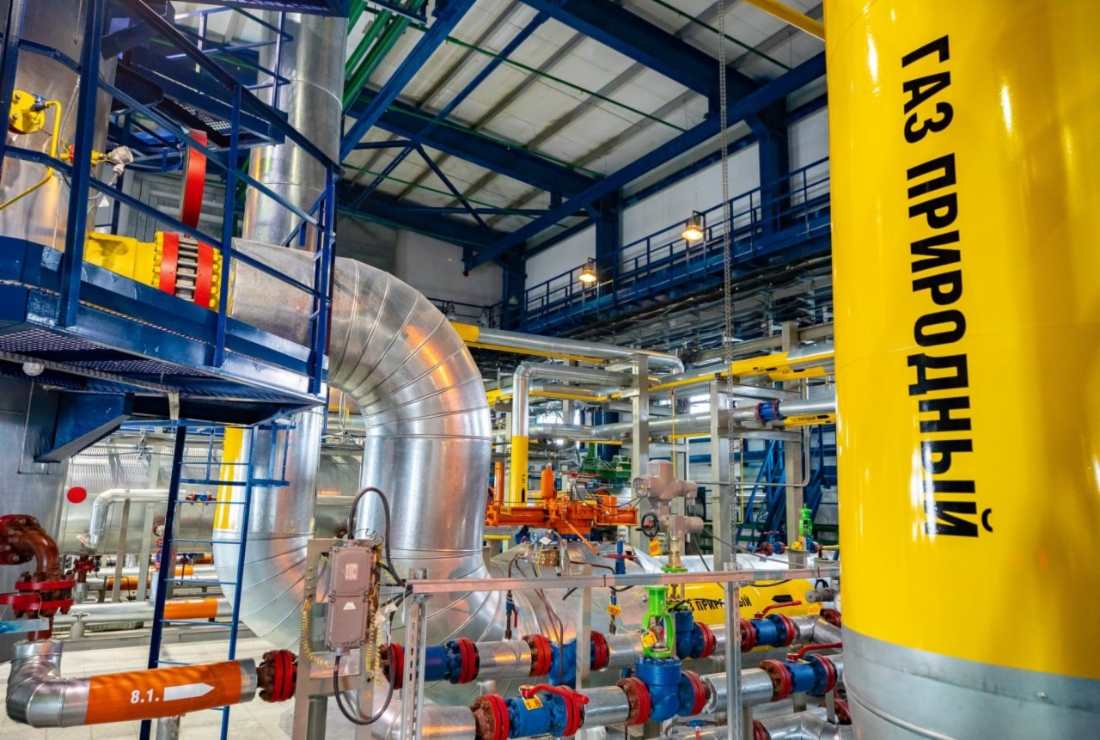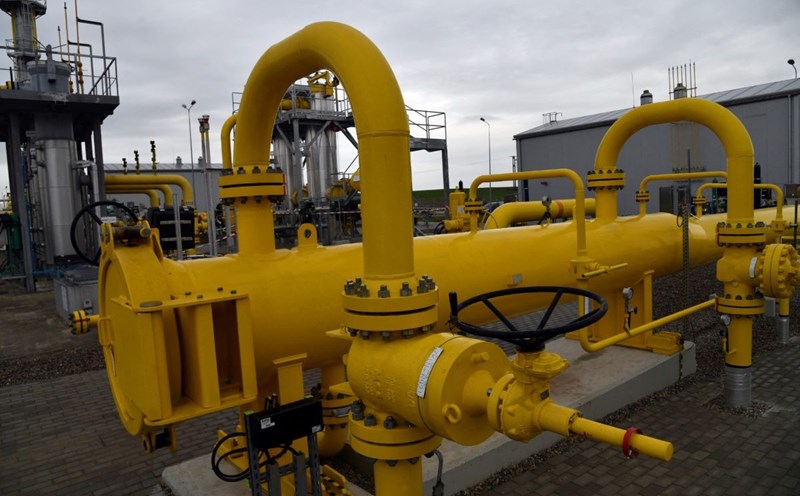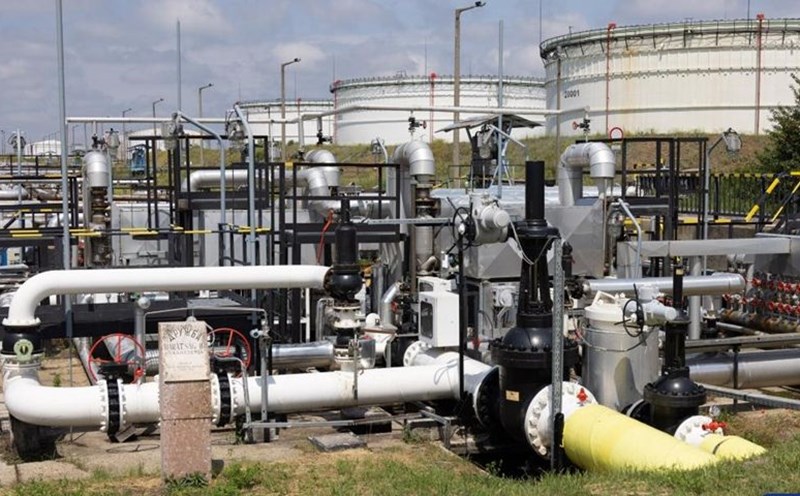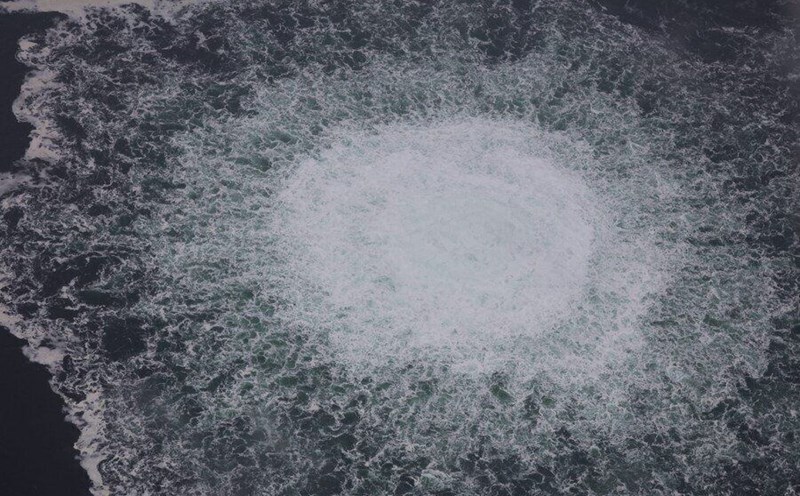The Russian ambassador to Germany accused Berlin of deliberately completely extinguishing the Nord Stream gas pipeline, even though it could be technically restored. He warned that this goes against the strategic interests of Germany itself and questioned the prolonged silence surrounding the investigation into the sabotage of the pipeline.
On July 24, in an interview with TASS news agency, Russian Ambassador to Berlin Sergey nechayev affirmed that the Nord Stream gas pipeline - once the artery for Russian gas to Europe - could still be restored if there is political will. However, according to him, the German government is rushing to "bury" the project, despite the huge damage to the country's economy.
Technically, it is possible to completely restore the destroyed pipelines, or at least use the remaining route to transport Russian gas. But instead of choosing a practical path, Berlin is rushing to end all opportunities for a restart, Ambassador Nechayev said.
According to Mr. Nechayev, many German lawmakers, large enterprises and state governments have repeatedly called on the federal government to restore energy cooperation with Russia, which has helped German goods maintain a competitive advantage for decades.

However, Berlin has not only ignored those calls but also actively pushed for increased sanctions, making the Nord Stream project legally impossible.
In the 18th package of Russian sanctions recently announced by the European Union (EU), all activities related to Nord Stream and Nord Stream 2 - including maintenance, operation and future use - have been absolutely banned.
This is a decision that goes against the national economic and energy interests of Germany, Mr. Nechayev emphasized.
A noteworthy point highlighted by the Russian Ambassador is the unclearness surrounding the investigation into the sabotage of the Nord Stream pipeline in 2022 - one of the largest energy infrastructure attacks in European history.
The German Federal Prosecutor Generals Office has been investigating for nearly three years but has not made any public comments. Berlin has also officially kept quiet, seemingly in no rush" - Mr. Nechayev expressed skepticism.
He said Russia has repeatedly proposed legal cooperation, even calling for an international investigation under the US Security Council, but has not received any response from Germany or the EU.
This raises big questions about Germanys goodwill in identifying and tracking those behind the sabotage, Ambassador Nechayev said, calling it a serious attack on one of Europes most strategic infrastructure.
The Nord Stream and Nord Stream 2 pipelines were once considered a symbol of energy linkage between Russia and Europe, especially for Germany - the largest gas consuming country in the EU. However, after the Russia-Ukraine conflict and the Nord Stream sabotage explosion in 2022, both pipelines were completely paralyzed.
Meanwhile, Russia's current stance is that Nord Stream can still be restored if Europe, especially Germany, really wants to.










